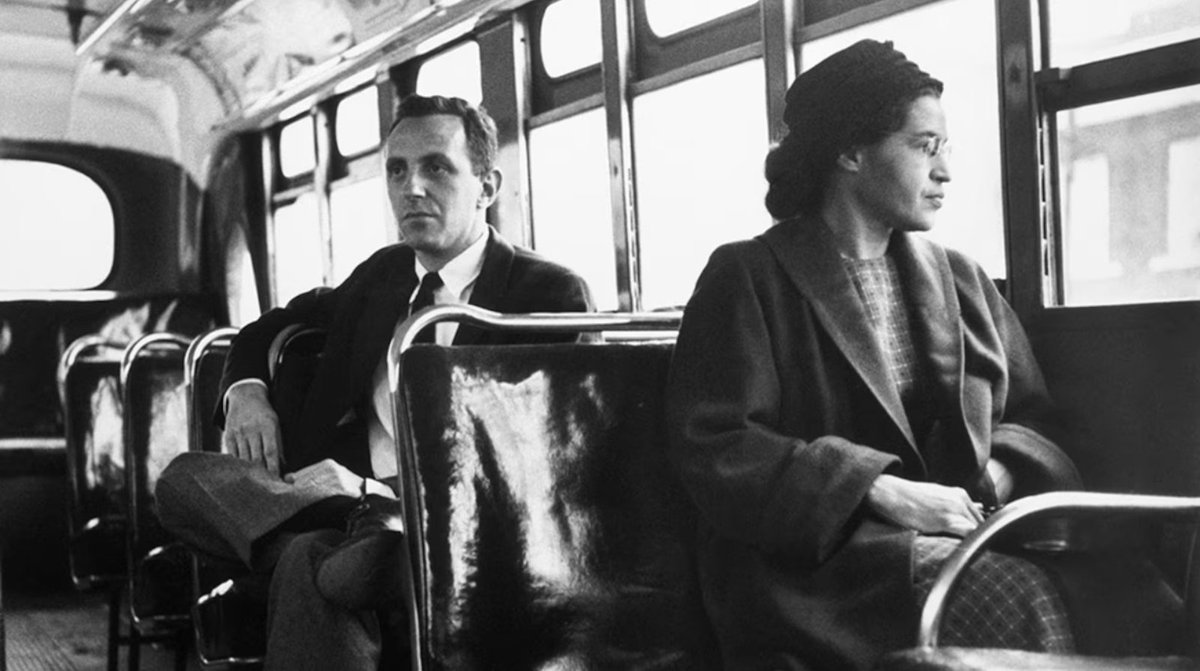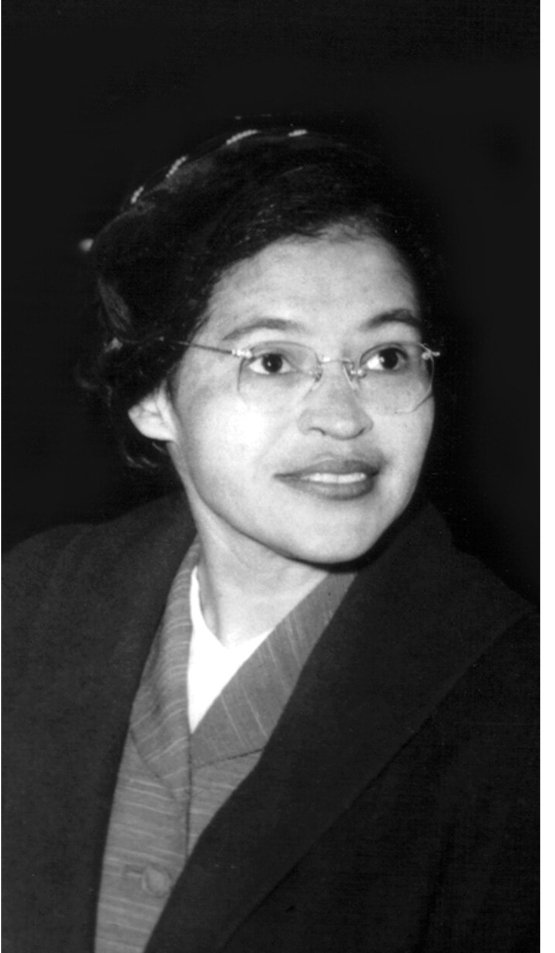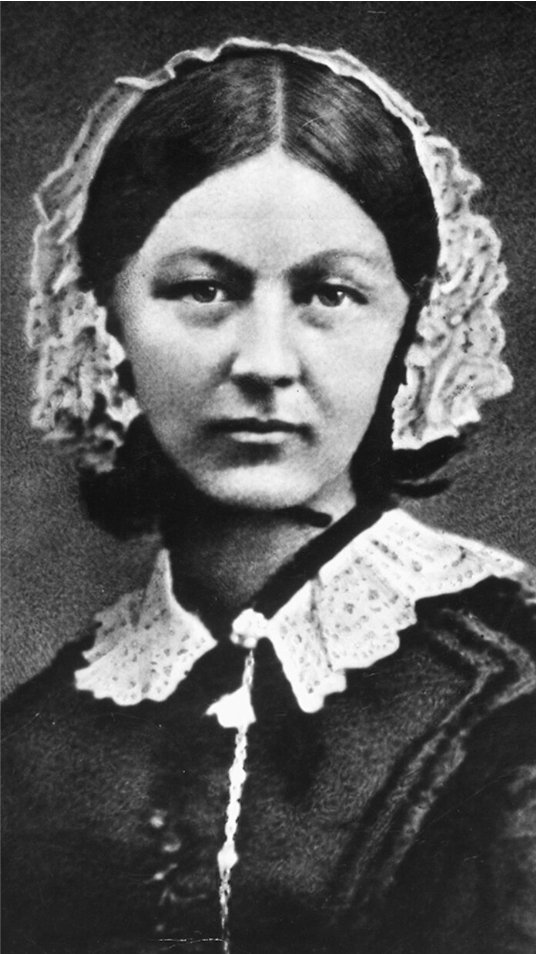
1/5
#BlackHistoryIsAmericanHistory
This Day in Black History:
March 12, 1917
The first Black Girl Scouts troop was formed on March 12, 1917.
By: Dominique Zonyéé
#BlackHistoryIsAmericanHistory
This Day in Black History:
March 12, 1917
The first Black Girl Scouts troop was formed on March 12, 1917.
By: Dominique Zonyéé

2/5
Although the Girl Scouts began as an all-white organization in 1912, a Black Girl Scouts Group emerged not long after on March 12, 1917, most likely in the New York area.
Although the Girl Scouts began as an all-white organization in 1912, a Black Girl Scouts Group emerged not long after on March 12, 1917, most likely in the New York area.
3/5
The formation of the Black troops well before the civil rights movement solidified the Girl Scouts place in the desegregation movement as it also pushed to unify girls of all colors. In 1956, Martin Luther King Jr. described the Girl Scouts as "a force for desegregation."
The formation of the Black troops well before the civil rights movement solidified the Girl Scouts place in the desegregation movement as it also pushed to unify girls of all colors. In 1956, Martin Luther King Jr. described the Girl Scouts as "a force for desegregation."
4/5
The Scouts opened doors for African-American women to progress and achieve levels of leadership. However, it was a long road.
The Scouts opened doors for African-American women to progress and achieve levels of leadership. However, it was a long road.
5/5
More than half a century after the first African-American troop was formed, Dr. Gloria D. Scott in 1975 served as the first African-American National President of Girl Scouts from 1975–1978.
More than half a century after the first African-American troop was formed, Dr. Gloria D. Scott in 1975 served as the first African-American National President of Girl Scouts from 1975–1978.

• • •
Missing some Tweet in this thread? You can try to
force a refresh










